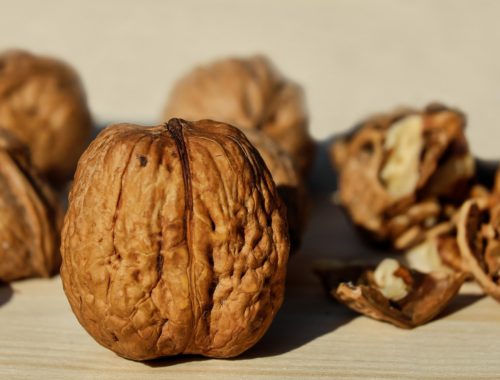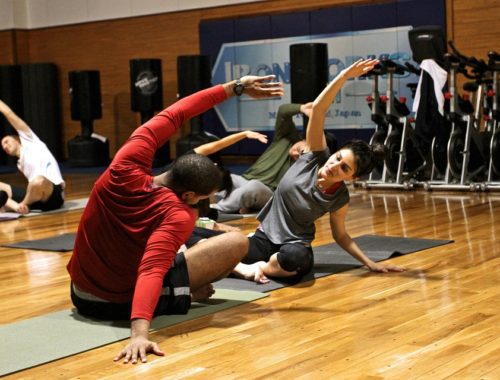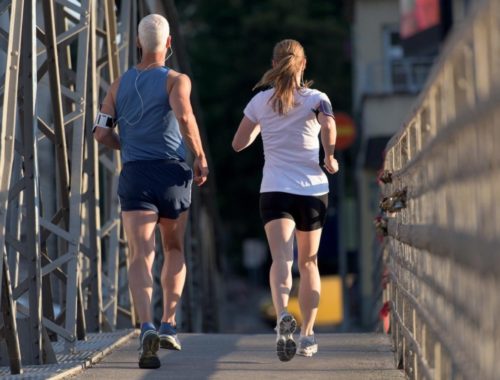Boost
What Should Kids Eat During Cancer Treatment?
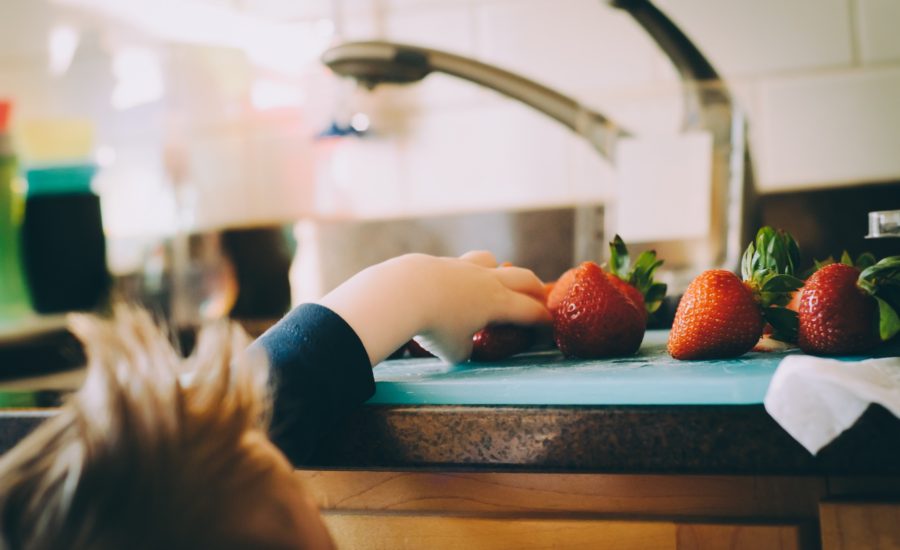
New insights into the benefits of diet and exercise for children going through cancer treatment may change the conversation between doctors and parents.
According to a recent review from The University of Texas MD Anderson Children’s Cancer Hospital, a healthy diet and moderate exercise may improve treatment results for pediatric patients.
While physician and parents aim to keep up calories, helping children make healthy diet choices during treatment is just as important. To guide the way, Joya Chandra, PhD, lead investigator on the review, runs a program promoting healthy eating habits along with an online cookbook of simple, nutritious recipes.
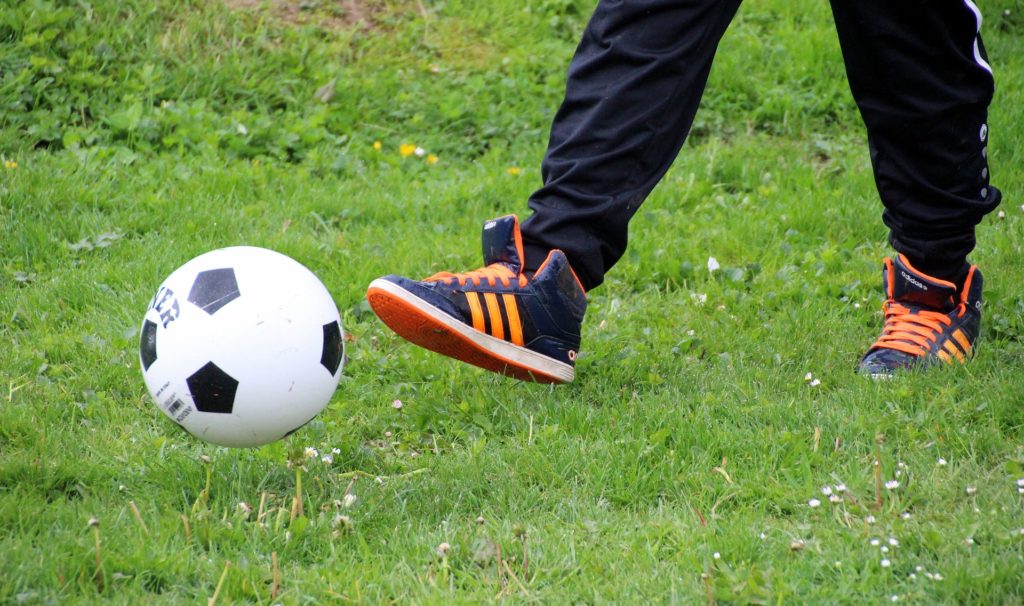
Diet and Exercise Improve Treatment Regardless of Weight Loss
Researchers looked at 67 studies including 32 clinical trials of pediatric patients and data from a variety of cancers.
They found that diet and exercise have strong potential to improve chemotherapy effectiveness and reduce the risk of side effects that can occur years after treatment.
Obesity is a known risk for patients, but the review showed that diet and exercise can improve treatments results regardless of weight loss. This highlights the need to examine whether poor outcomes are caused by obesity or by a lack of nutrition and exercise during treatment.
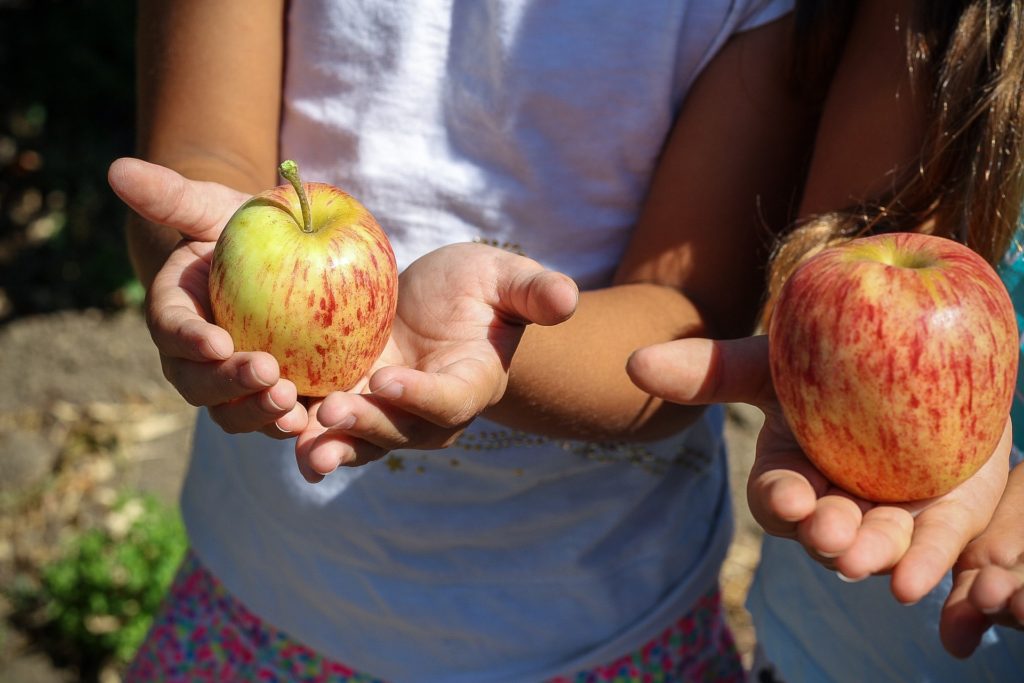
A Cost-Effective, Low-Risk Way to Improve Care
Healthy eating and exercise have known treatment benefits, but using them as part of cancer care is still uncommon, especially for patients who are children.
Research into these lifestyle options are a valuable resource to both patients and doctors. Findings on lifestyle changes that improve cancer survival can lead to treatment options that are low-cost, likely to have few side effects, and easily accessible to patients.
Regarding exercise, the review found:
- Patients stick with recommended exercise programs more regularly than taking medication.
- Exercise is very safe for patients
- It helps reduce chemo-related fatigue and prevents muscle loss that occurs with long hospital stays
- It increases strength in long-term survivors
- Tends to be good for immune system and lung function
While even frail patients can do at least low-intensity physical activity (like walking or yoga), supervision is important especially for children.
For diet options, the researchers suggest general healthy guidelines for fruit, vegetables, and dietary fat.
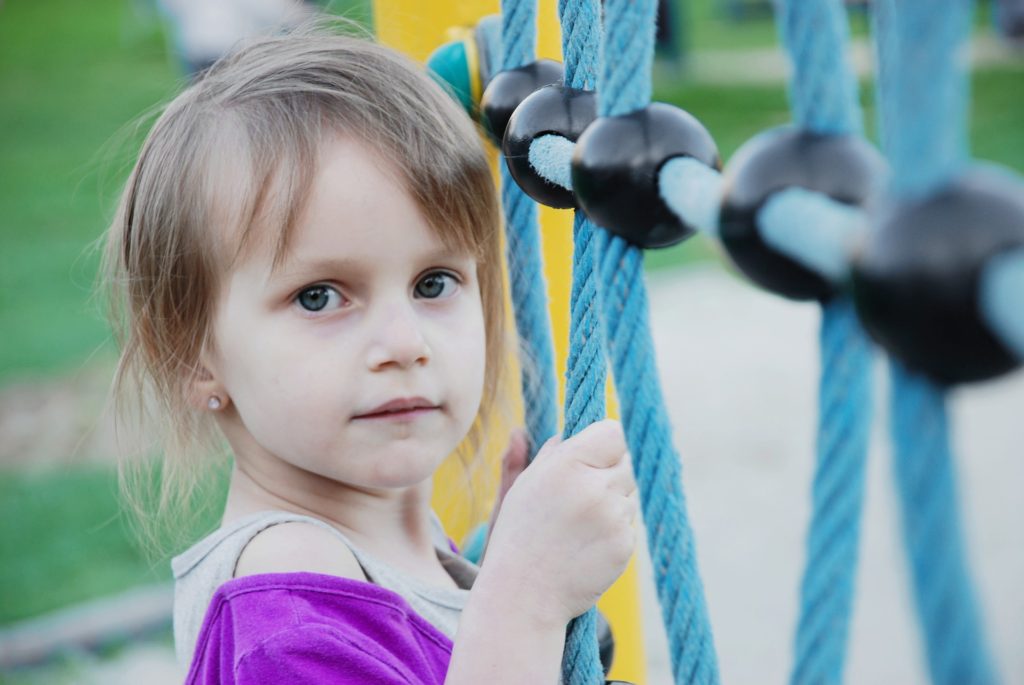
Starting The Discussion Between Doctors and Parents
The review signals to pediatric oncologists that it is completely safe to recommend exercise to their patients.
Physicians can encourage parents to keep children active and provide as healthy of a diet as possible. While allowing kids to eat what they want during treatment can help keep up calories, bad food habits may affect their health even into long-term survival.
Cancer symptoms and treatment side effects can make cooking a difficult task for parents to navigate. But the researchers on the review are using their findings to provide parents and oncologists with resources to help kids eat healthy during treatment.
Working with their pediatric patients, they have developed an online cookbook with more than 500 recipes and tips on nutrition.
As more research goes into creating diet and exercise options for children going through cancer treatment, the best message oncologists can give to parents is to stick to healthy guidelines as well as they can.

